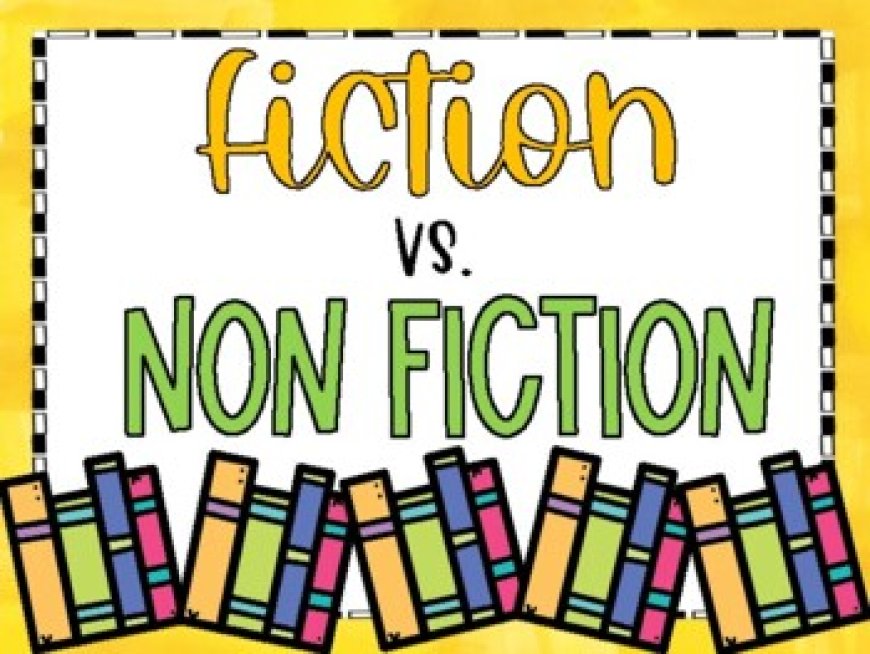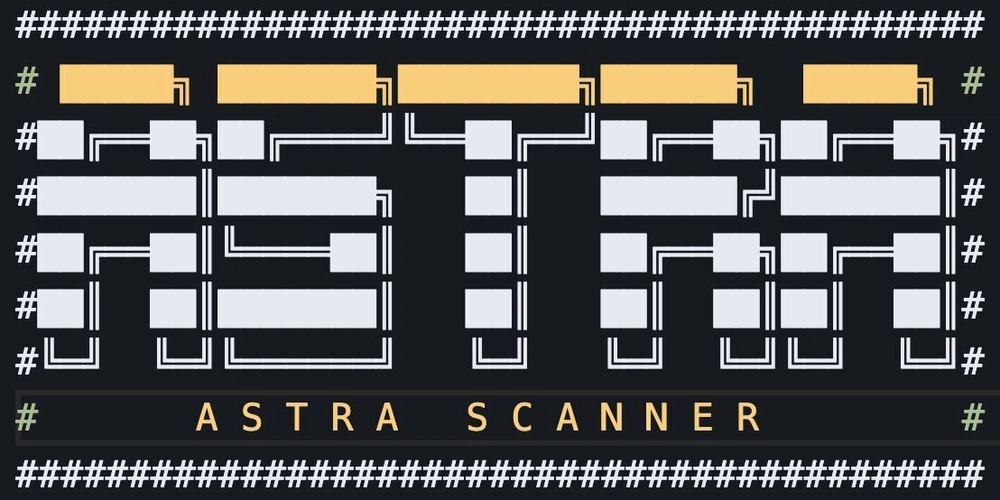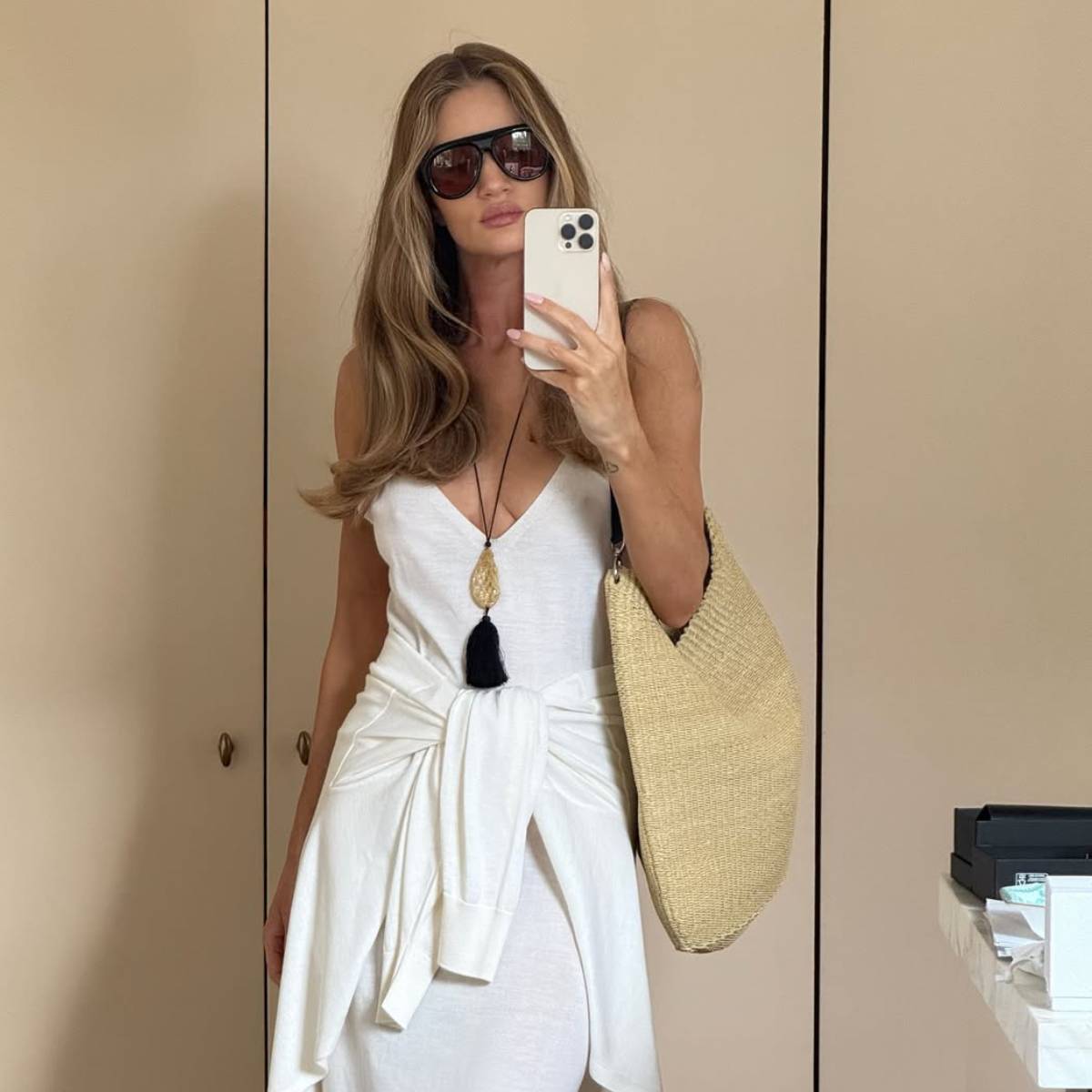What Is Fiction and Non-Fiction? A Guide for Curious Readers
Curious about books? Discover the key differences in our guide to What Is Fiction and Non-Fiction—explained simply for all types of readers.

If you've ever stood in a bookstore, pondering whether to pick up a thrilling novel or an insightful biography, you're not alone. Understanding the distinction between fiction and non-fiction can enrich your reading experience and help you choose books that align with your interests. Let's delve into the fascinating world of literature and explore the differences between these two genres.
Understanding Fiction
Fiction refers to literature created from the imagination. These narratives are not bound by factual accuracy but are crafted to entertain, inspire, or provoke thought. Authors of fiction weave stories that, while they may draw from real-life experiences or truths, are fundamentally products of creativity.
Characteristics of Fiction:
-
Imaginary Elements: Characters, settings, and events are invented by the author.
-
Narrative Structure: Often follows a plot with a beginning, middle, and end.
-
Purpose: Primarily to entertain, but can also convey themes or messages.
-
Examples: Novels like The Great Gatsby, short stories, and plays.
Authors like Roxie Lee, known for her suspenseful and thrilling narratives, exemplify the power of fiction to captivate and engage readers.
Exploring Non-Fiction
Non-fiction encompasses works based on real events, people, and facts. This genre aims to inform, educate, or document reality. Non-fiction writers are committed to accuracy and truthfulness, presenting information that reflects the real world.
Characteristics of Non-Fiction:
-
Factual Content: Relies on verifiable information and real events.
-
Informative Purpose: Aims to educate or inform the reader.
-
Variety of Formats: Includes biographies, memoirs, essays, and academic texts.
-
Examples: Books like The Diary of Anne Frank, news articles, and documentaries.
Non-fiction provides readers with insights into real-life experiences, historical events, and factual information, broadening their understanding of the world.
While fiction and non-fiction are distinct, they often intersect. For instance, historical fiction blends factual historical settings with fictional characters and narratives. Conversely, creative non-fiction employs literary techniques to present factual information engagingly. This interplay enriches both genres, offering readers diverse perspectives and experiences.
Choosing Between Fiction and Non-Fiction
Your choice between fiction and non-fiction depends on your reading goals:
-
For Entertainment: Fiction offers imaginative stories that can transport you to different worlds.
-
For Learning: Non-fiction provides factual information and insights into real-life events and subjects.
-
For Inspiration: Both genres can inspire; fiction through its narratives and themes, non-fiction through real-life stories and achievements.
Authors like Roxie Lee demonstrate how fiction can be both entertaining and thought-provoking, crafting stories that resonate with readers on multiple levels.
Conclusion
Understanding "What Is Fiction and Non-Fiction" enhances your appreciation of literature and helps you select books that align with your interests and reading objectives. Whether you're drawn to the imaginative realms of fiction or the factual landscapes of non-fiction, both genres offer valuable and enriching experiences.
FAQs
1. Can a book be both fiction and non-fiction?
Yes, some books blend elements of both, such as historical fiction or creative non-fiction, combining factual settings with imaginative storytelling.Wikipedia
2. How can I tell if a book is fiction or non-fiction?
Check the book's classification, synopsis, or publisher's information, which typically indicate the genre.
3. Is one genre better than the other?
Not necessarily; it depends on your personal interests and reading goals.
4. Do fiction books ever include real events or people?
Yes, fiction can incorporate real events or figures, especially in genres like historical fiction.BBC
5. Are non-fiction books always 100% accurate?
While non-fiction aims for accuracy, interpretations and perspectives can vary, so it's essential to consider the author's viewpoint and sources.

















































































